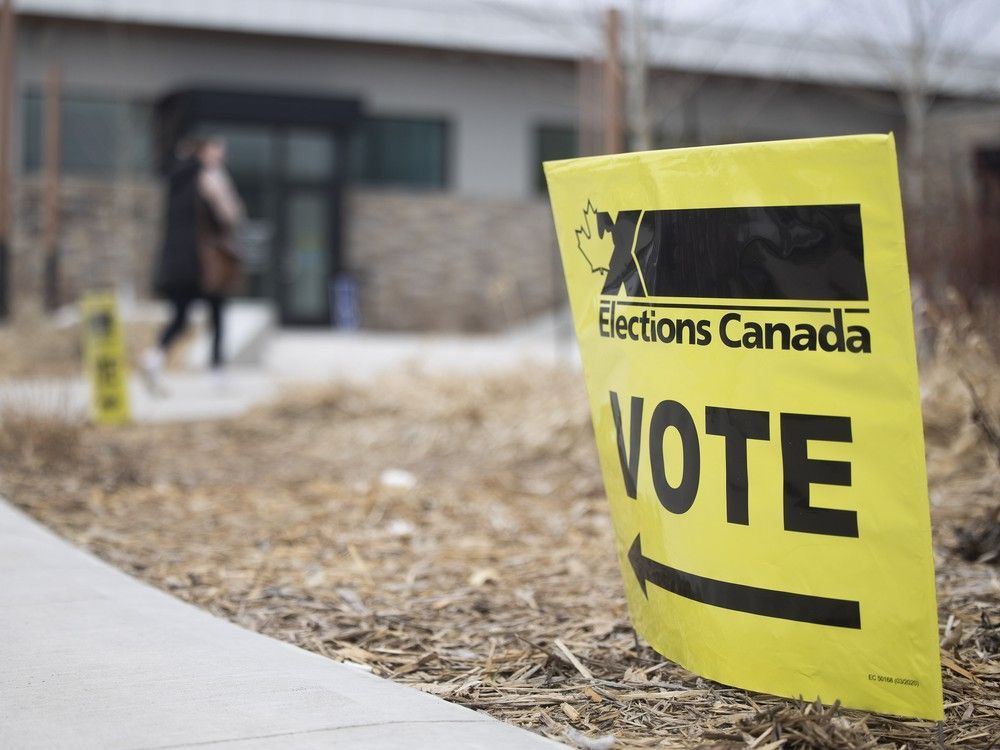Secretary of Defense Pete Hegseth is proving to be about as sophisticated in protecting classified information as a grandma who falls prey to a telemarketing scam. No offense to grandmas. But speaking of grandmas, like Hillary Clinton, it wasn’t that long ago that Republicans lost their minds attacking Democrats for supposedly being insufficiently protective of national security secrets (remember Clinton’s emails?) For those who need a refresher, we now know that Hegseth repeatedly used the Signal messaging app, which is encrypted but publicly available, to share highly sensitive facts about military operations, including details about U.
S. airstrikes in Yemen. The editor of The Atlantic, Jeff Goldberg, was included in one group chat .

And when Hegseth and others effectively called Goldberg a liar and smeared his character, Goldberg calmly produced the receipts. But wait, there’s more. Hegseth’s personal cellphone number was publicly accessible on multiple platforms , including WhatsApp, Facebook — and even on a fantasy sports website.
This greatly raises the risk that he could’ve been successfully targeted by enterprising hackers from North Korea, China, Russia or elsewhere. Now, according to new reports, Hegseth went so far as to arrange for an unsecured, so-called “dirty” internet line in his Pentagon office in order to use Signal on a personal device — bypassing Pentagon security protocols. Such a setup is not only a security risk, but it also almost certainly violates federal record-keeping laws.
We suppose we can understand why the Senate, blindly obedient to Donald Trump, confirmed Hegseth for the top civilian warfighting job and one of the most complex management jobs in the federal bureaucracy despite the fact that he had scant management experience. The secretary of defense is followed wherever he goes (no woman has yet held the post) by an aide with a backpack full of the world’s most secure and sophisticated communications systems. It allows the SecDef to instantly reach anyone anywhere in the world, from a nuclear sub patrolling the deep seas to aircraft circling the globe to commanders in U.
S. military units across globe to the president of the United States. The necessities of running the Pentagon means that the No.
1 guy has to be in touch anywhere, anytime. So why did Hegseth choose a hackable option instead? If he was still a major in the Army, he would have to answer to his superiors. But being at the top, who does he have to answer to? Donald Trump? Hegseth’s response has been to sack people around and run leak investigations, not admitting his own errors.
Having been accused of having problems with alcohol, Hegseth promised to stop drinking if confirmed. We trust he is abiding by his pledge and his mistakes were committed while sober. That makes it even worse.
Hegseth was a terrible choice and his nomination almost failed, but Trump saved it by threatening wavering Republican senators and it squeaked through on a 50-50 Senate vote broken by the vice president. It would have been better for everyone if Hegseth had withdrawn or been defeated. It’s too bad that the Senate can’t have another vote to reject Hegseth and let Trump find a secretary of defense who can safeguard crucial national security information.
.
Politics

Pete Hegseth’s bad calls: Unfit defense secretary is a major security risk

Secretary of Defense Pete Hegseth is proving to be about as sophisticated in protecting classified information as a grandma who falls prey to a telemarketing scam. No offense to grandmas. But speaking of grandmas, like Hillary Clinton, it wasn't that long ago that Republicans lost their minds attacking Democrats for supposedly being insufficiently protective of national security secrets (remember Clinton's emails?)















